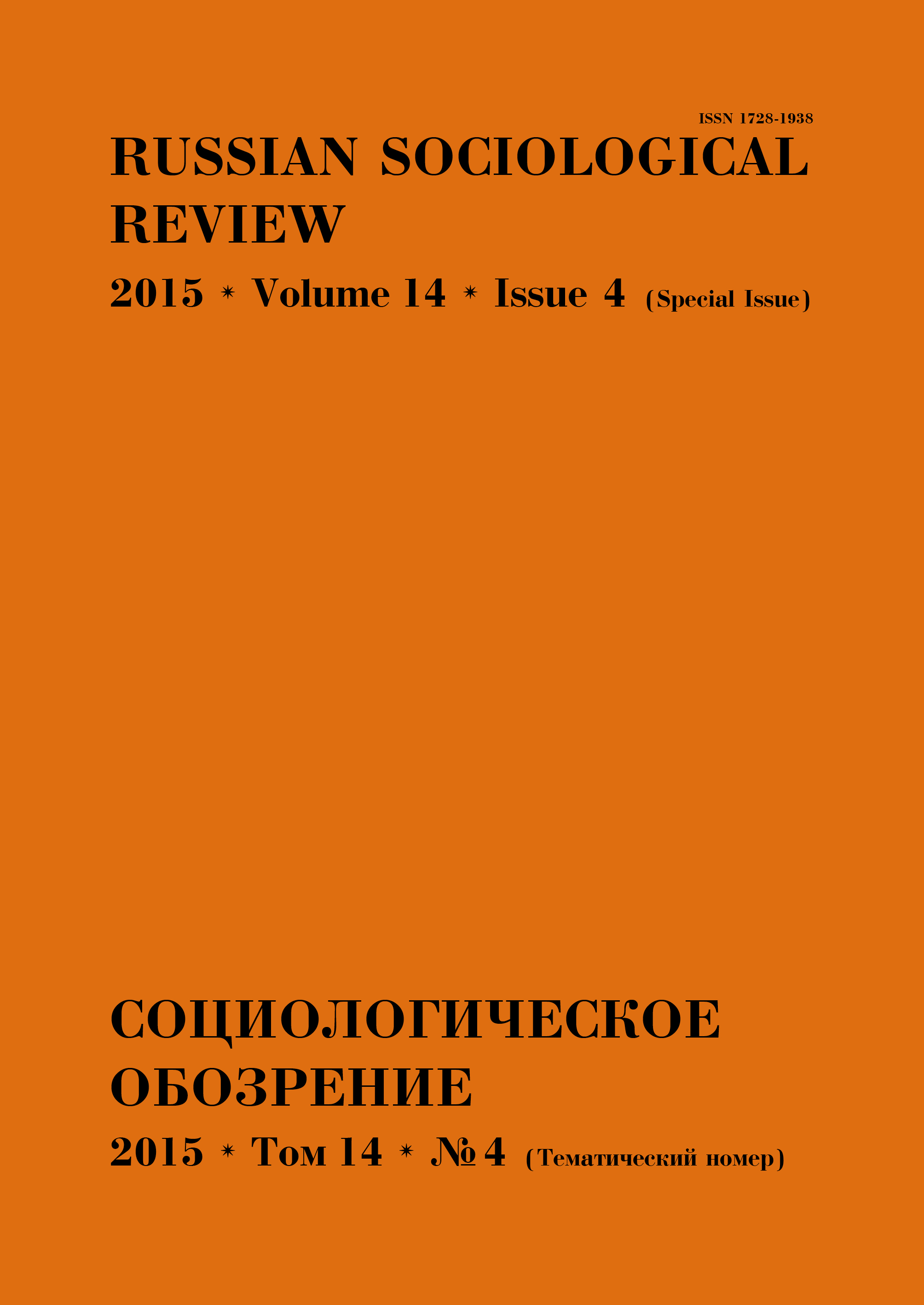Humanism as Casus Belli: Carl Schmitt’s Critique of Just War Theory
Keywords:
Carl Schmitt, war, Just War Theory, bracketing of war, human rights, humanitarian intervention
Abstract
This article deals with the critique of Just War Theory (JWT) which appeared in the works of Carl Schmitt. JWT was revived in the middle of 1900s and was treated as an absolutely secular direction for military ethics. However, being Christian in its origin JWT retained a certain religious reasoning. This call for political morality could be compared to an appeal to divine law, but outside of the Christian context it loses its validity and weight. These features of JWT were noticed by Schmitt who offered the concept of bracketed warfare instead. The bracketing of war was an essential component of jus publicum Europaeum and it presupposed the recognition of an enemy as equal. Bracketed war was defined in political and legal terms and did not presuppose moral or religious evaluation of armed conflicts. In the 20th century bracketing of war was replaced with discrimination of war as morally and legally unacceptable act. JWT served as a theoretical foundation for this change. Though it is the prerogative of JWT to prove itself as an attempt at humanism, the invasion of morality into politics, from Schmitt’s perspective dehumanizes the enemy and increases the totality of a conflict. Schmitt insisted on purifying the political sphere from all moral constituents in order to make it more balanced. A mere political approach to war made Schmitt’s theory of bracketed war more humane and reasonable than JWT.Downloads
Download data is not yet available.
Published
2015-12-23
How to Cite
КуманьковА. (2015). Humanism as Casus Belli: Carl Schmitt’s Critique of Just War Theory. Russian Sociological Review, 14(4), 77-91. Retrieved from https://ojs.hse.ru/index.php/sociologica/article/view/47
Issue
Section
Research Papers




